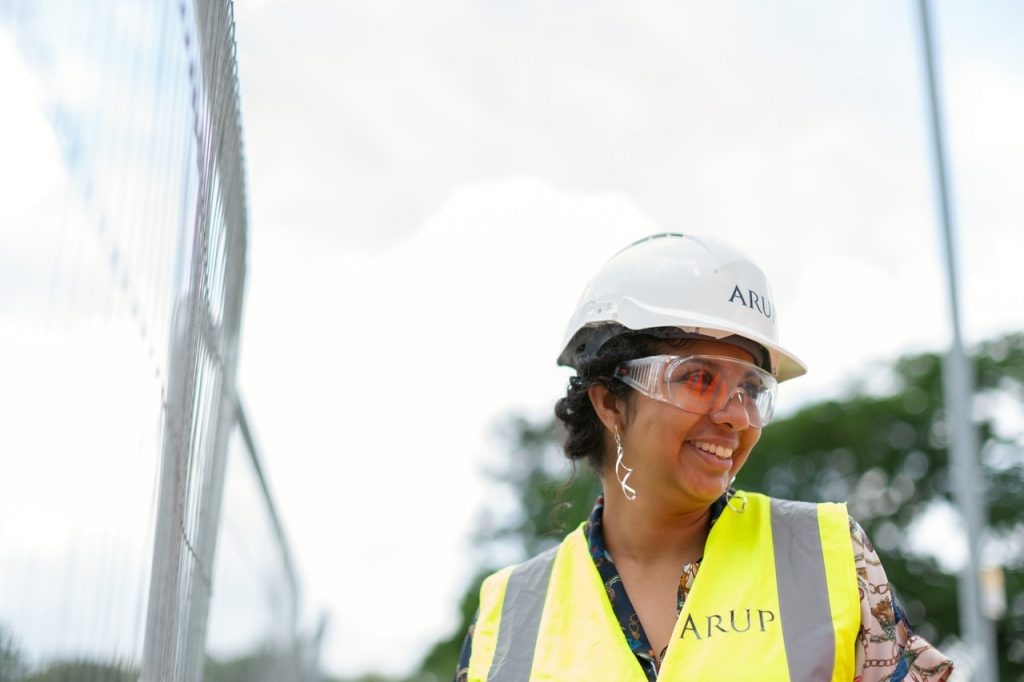Women in the Construction Industry
4 min read
In recent decades, there has been a defining shift regarding women in the workforce. Industries and roles that have been traditionally male-dominated are now seeing an influx of women. Schools and universities are encouraging women to participate in courses, internships and classes in fields such as engineering, trades like crane hire companies, IT specialities and management roles. Several studies have suggested that having women in management roles can lead to increased company success. A study conducted by the Workplace Gender Equality Agency found that businesses that elected a female CEO improved their market value by up to 5 per cent. This equates to approximately $80 million for an average company. Additionally, the study concluded that increasing the percentage of women in leadership roles by 10 per cent or higher increased the market value of a company by 6.6 per cent, or approximately $105 million.
So, why is there still misrepresentation of women in leadership roles? Of the 11, 000 companies that the Workplace Gender Equality Agency monitored, one-third of them did not have even one woman on the board. Businesses must work towards having gender equality and appropriate representation of women. Otherwise, they will be missing half of the ideas, and half of the talent if only men are included in leadership roles. Whether it is working with cranes, being employed as a mathematics or science teacher, or working with nitrogen generators; women should be encouraged to participate.
The University of Western Sydney is currently trying to promote women in the construction industry. Presently, of the 1.1 million construction workers employed in the industry, only 2 to 3 per cent is made up by women. In order to address this, the University of Western Sydney has partnered with Top 100 Women in Construction, which is one of the quickest growing online groups for female construction workers. The aim of the partnership is to aid the growth and support of female graduates and focus on the retention of women that have completed construction courses. The collaboration will allow participants of the School of the Built Environment to have access to the Top 100 Women in Construction’s online community. Furthermore, networking to establish business connections will be a key feature of the initiative. The University of Western Sydney has pledged to deliver online resources, including the Continuing Professional Development (CPD) education program. Hopefully, women will feel more supported working in the construction industry as a result of the partnership.

There can often be many barriers to entry for women wishing to pursue a career in the construction industry. Studies have shown that more than half of all women working in construction have experienced some sort of harassment or bullying in the workplace. In order to encourage women to join the construction industry, it is vital to make everyone feel safe in the workplace. Employers must make sure that any concerns of workplace bullying or harassment are taken very seriously. Employees need to feel that they can report instances of inappropriate conduct at work. No one deserves to feel unsafe or unhappy at work as a result of abuse or harassment. Several laws have been put in place to protect individuals at work. These laws ensure that discrimination on the basis of sex, age, sexual orientation, ethnicity or disability does not occur.
The Sex Discrimination Act 1894 is one piece of legislation that protects against discrimination based on gender, or gender identity. This means that employers are not allowed to treat people unfairly based on sex or the gender that someone identifies as. The Fair Work Ombudsmen Australia is one body that assists individuals that feel that they are being treated unfairly or harassed. The government initiative helps to enforce the Fair Work Act 2009, which was created to promote safe, productive and compliant workplaces within Australia. Anyone that believes they are being mistreated or bullied can lodge a complaint to the Fair Work Ombudsmen Australia. With various government bodies and legislation in place, women can feel safe and confident about working in industries like construction. These laws and government bodies will be able to address any grievances and support individuals through any difficult encounters.
Women should be encouraged to go into fields and industries that are traditionally male-dominated. Whether this includes working at an air compressor services company or being the CEO of a business; the sky is the limit. The same study mentioned previously by the Workplace Gender Equality Agency identified that women often have different management styles to men. No matter what industry that this occurs in, women tend to have a more democratic leadership approach. Management styles are usually more collaborative and focus on creating a high-performance team. Furthermore, studies show that women tend to value corporate social responsibility more. As accountability and social responsibility become more and more important due to the changing nature of collective values, having a female-led company could be invaluable. Women have also been found to be less likely to participate in unethical and fraudulent behaviour. Corporate management programs are advised to ensure that there is gender equality within any program to allow equal opportunity for all. By having adequate representation, women will have more opportunities to land leadership roles within large construction companies, as well as in any other industry.
Universities and schools should continue to motivate women to participate in new roles and career paths. Whilst there can sometimes be barriers to entry for women when it comes to working in industries that are male-dominated, there is no stopping someone who is truly interested in working in a particular job or sector of the workforce. There are many policies and laws that protect against workplace issues such as discrimination and harassment. These laws are important to ensure that everyone feels safe in their workplace. Strong women are unstoppable and can achieve their goals and success when they really set their minds to it. With the appropriate support and active inclusion, women can truly thrive in the construction industry and any other industry for that matter.



